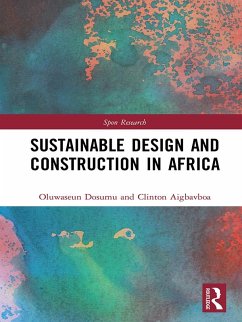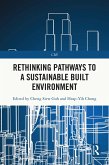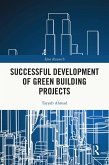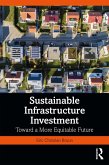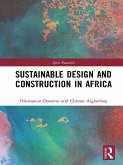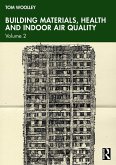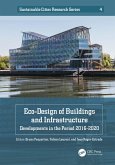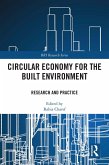This book
addresses some of the countless challenges faced by developing countries when adopting sustainable design and construction and offers suggestions for the way forward for African development projects. It develops a System Dynamics model of the relationship between the elements of sustainable design and construction and provides the missing link between the design and construction of projects in a sustainable way. This book will be of interest to construction researchers, practitioners, and professional bodies, housing policy makers and government institutions as well as training and funding providers in these areas.
Dieser Download kann aus rechtlichen Gründen nur mit Rechnungsadresse in A, B, BG, CY, CZ, D, DK, EW, E, FIN, F, GR, HR, H, IRL, I, LT, L, LR, M, NL, PL, P, R, S, SLO, SK ausgeliefert werden.

